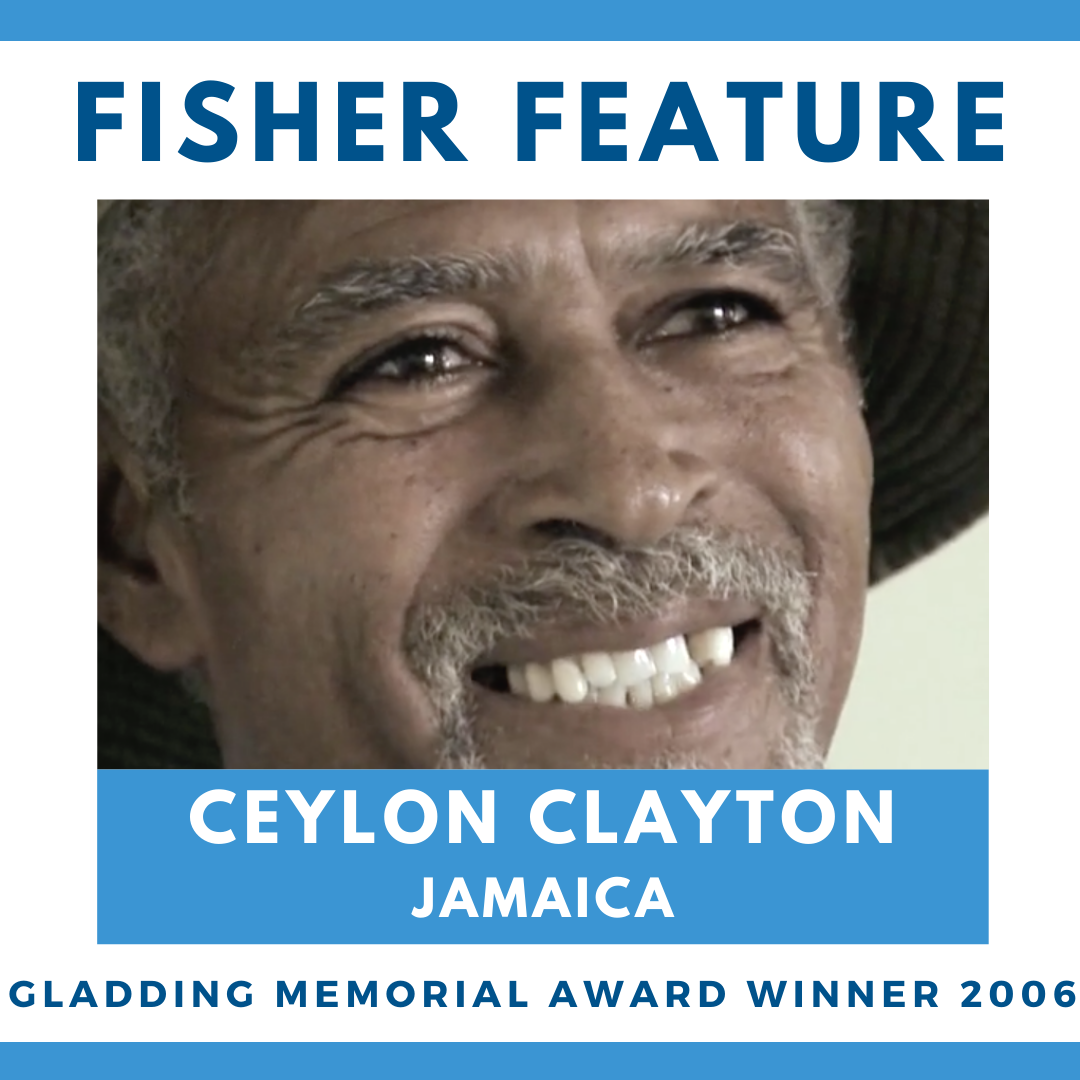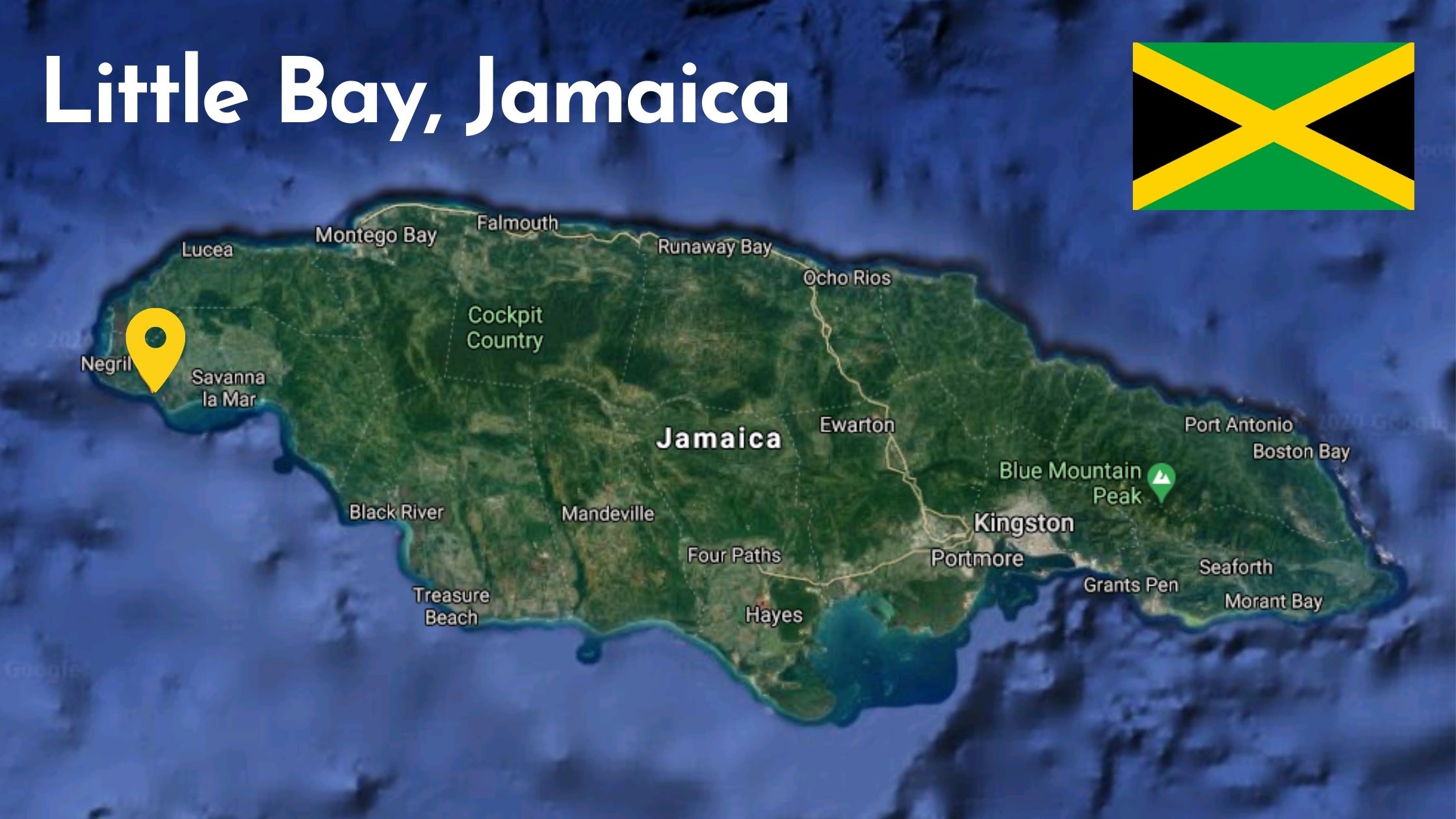Ceylon Clayton from Little Bay, Jamaica was awarded the Gladding Memorial Award in 2006, in recognition of his outstanding contributions to sustainable management of fisheries and marine resources in the Gulf and Caribbean Region.
Ceylon was very involved in the development of his community and is a community leader. He has been a part of the Negril Coral Reef Preservation Society (NRCPS) since 1990 and has been instrumental in it’s work with fishermen in the Little Bay area.
Contributing to conservation:
Ceylon has served on the Negril Coral Reef Preservation Society (NRCPS) Board of Directors since 1997 and is affiliated with the Negril Environmental Protection Trust, the Negril Fishing Cooperative, the Little Bay Citizens Association and has been a Game Warden with the National Environmental and Planning Agency for a number of years. He has also served on the Planning Committee of NCRPS.
He has contributed to the work of NCRPS by acting as a community warden and has helped to organize activities such as International Coastal Clean-up in asscicationwith NCRPS within his community. He has also been instrumental in the protection of turtles within his area setting up a turtle watch and protection programme as the area serves as a nesting area for turtles. Mr. Clayton lives close to the Southern border of the Marine Park where there are cases of dynamiting and acts as a liaison person to the park in reporting incidences as well as patrolling with Park Rangers for offenders. His favourite of NCRPS’ Programmes is the Research and Monitoring Programme
Outlook for the future of fisheries
Ceylon would like to see an improvement for fisherfolks such as working a fish farm and would also like to see fisherfolks stop using 1 inch mesh size. He believes that there is the need to implement policy to address this issue or it will not change especially since the government is still permitting the importation of nets with these sizes. He revealed that although some fisherfolk are indeed willing to stop, but as others continue using it, they also continue with its use as they see themselves at a disadvantage if they don’t. He has experience with how a change in gear can lead to better resources and better income for fisherfolk and is passionate to encourage other fisherfolk to adopt this sustainable approach.



